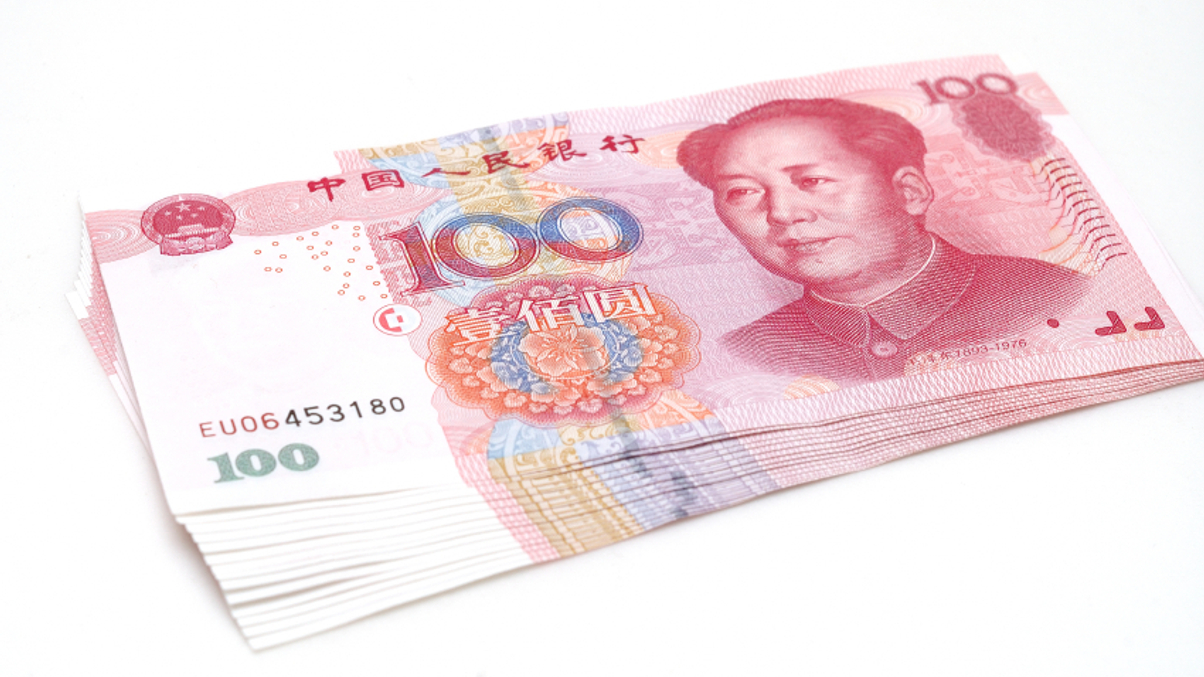Euro instability bolsters RMB's claim for reserve status
The renminbi is engaged in the first of three developmental stages to secure ascent onto the global stage. Providing RMB products and services is now key for private banks, finds Scorpio Partnership.

In the 5th century BC, the world’s reserve currency was the Greek drachma. That currency has disappeared – at least for the time being – but while transition to a new world reserve currency can take generations, it can appear to happen relatively quickly when the end-game arrives.
Sign in to read on!
Registered users get 2 free articles in 30 days.
Subscribers have full unlimited access to AsianInvestor
Not signed up? New users get 2 free articles per month, plus a 7-day unlimited free trial.
¬ Haymarket Media Limited. All rights reserved.


